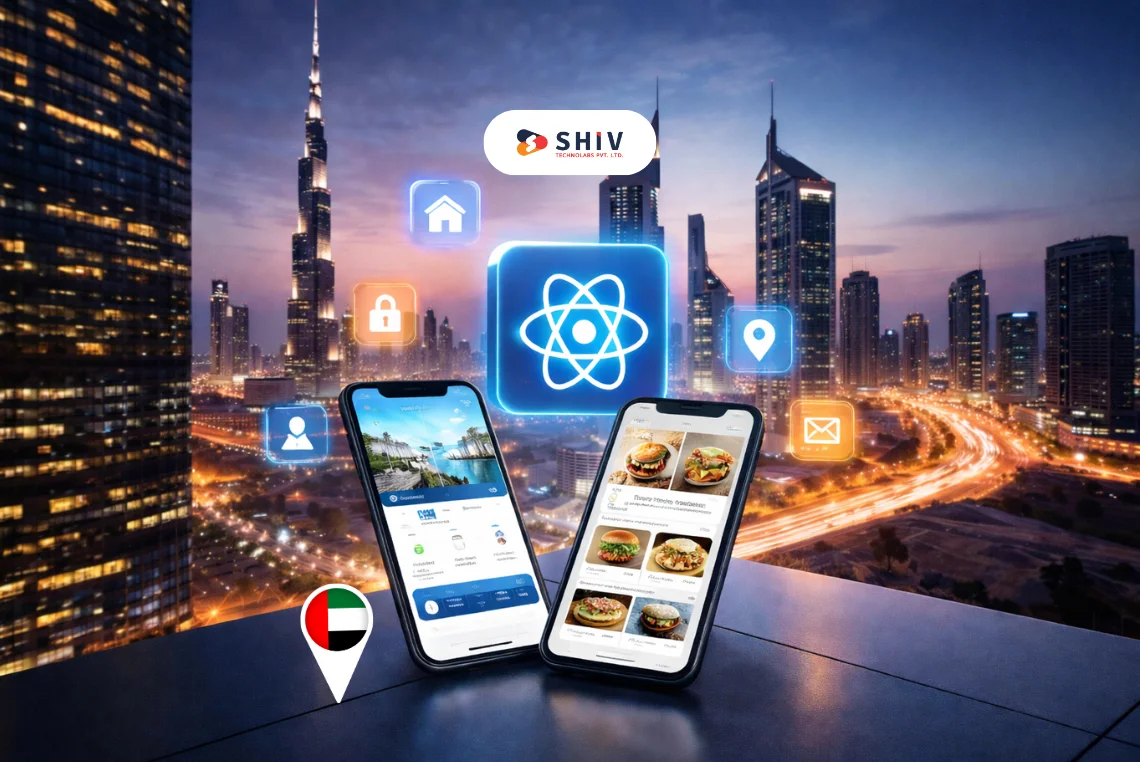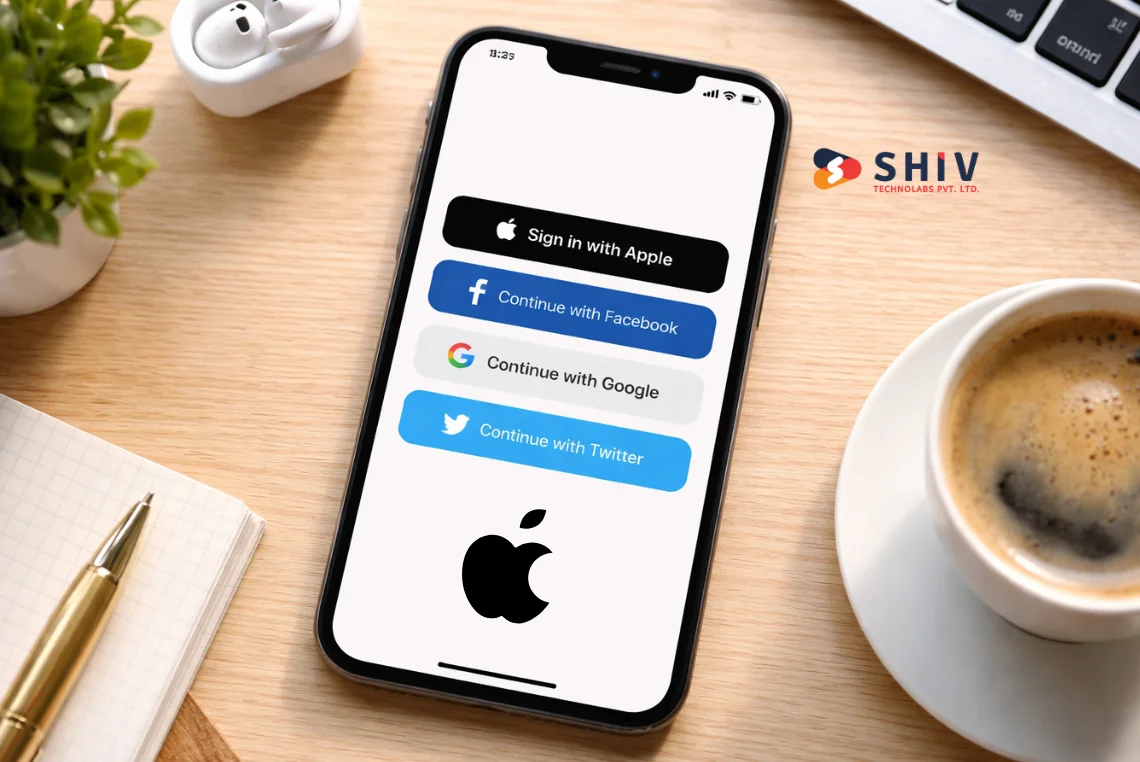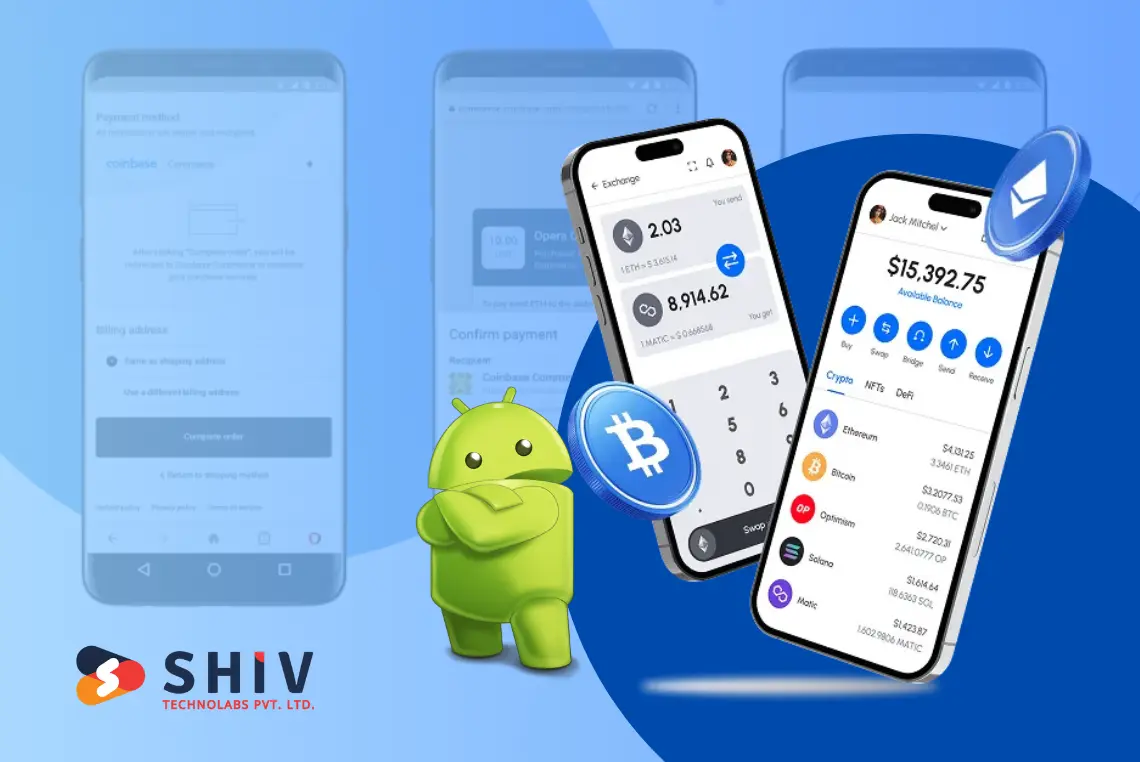Table of Contents
Instagram isn’t just an app—it’s where people connect through photos, videos, stories, and now, even shopping.
For startups in 2025, building an app like Instagram isn’t about copying its features. It’s about understanding what makes users come back every day and building a platform that fits those habits.
This blog shows you how to break down that process.
We’ll talk about must-have features, the tech stack that can handle growth, and the steps to build it right from day one. And yes—we’ll talk real numbers too, so you know what to expect in terms of cost.
Key Features You’ll Need to Build an App Like Instagram
If you want people to post, share, scroll, and stick around, your app has to get the basics right.
But in 2025, it also needs to be smart—literally. Let’s break it into two parts: must-have features and AI-powered extras that make your app feel modern.
1. Core Features (The Basics That Still Matter)
These are non-negotiables. Without them, you’re not building anything close to Instagram.
- User Sign-Up & Profiles: Let people register with email or phone. Add profile pictures, bios, and follower counts.
- Photo & Video Sharing: Upload from the gallery or camera. Let users crop, filter, tag, and write captions.
- Feed & Stories: A scrollable feed with likes, comments, and a story bar at the top.
- Direct Messaging (DMs): Let users chat one-on-one or in groups. Think basic texts, images, and emoji reactions.
- Push Notifications: Alert users when someone follows, likes, comments, or messages them.
- Search & Discovery: Find users, hashtags, and trending posts. Important for user growth.
- Basic Admin Panel: Track content, users, flagged posts, and bugs from one backend system.
2. Smart Features (What Makes Your App Feel Like 2025)
This is where you go beyond the basics. Smart features help users get better content and keep them hooked.
- AI-Powered Feed Curation: Show posts based on what users like, not just who they follow. This improves engagement.
- Auto-Tagging with Computer Vision: Use AI to detect what’s in a photo—like “beach,” “pizza,” or “sunset”—and auto-suggest hashtags.
- Face Filters with AR (Augmented Reality): Think Snapchat-style filters for Stories or Reels. They keep users entertained.
- Auto-Captioning for Videos: Helps with accessibility and keeps users watching—even with the sound off.
- AI-Moderation Tools: Block offensive content before it shows up on someone’s feed. Reduces manual effort.
- Chatbots for Support & Onboarding: Help users figure things out quickly, or give them tips while they scroll.
- Content Scheduling with AI Suggestions: Suggest best posting times based on user behavior and time zones.
Must Read: Most Popular Social Media Apps
Want to Build an App Like Instagram? Here’s How
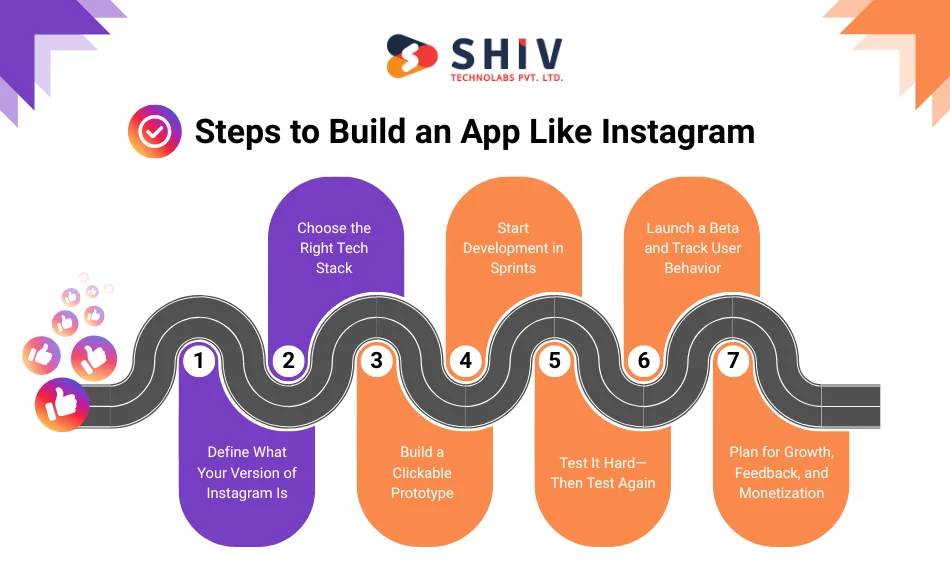
You don’t need to reinvent everything. But you do need to follow the right order. Here’s how to go from idea to working app.
Step 1: Define What Your Version of Instagram Is
Instagram does a lot. But you don’t need to build every feature from day one.
- Are you focusing on photos, short videos, or both?
- Will your users follow each other or just view content?
- Are you targeting a niche (e.g., fitness, food, fashion)?
Tip: Start with a clear user persona and the top 5 features your users care about. Skip the fluff.
Step 2: Choose the Right Tech Stack
A good tech stack keeps things running smoothly even when user numbers grow fast.
- Frontend (User Interface): Flutter, React Native
- Backend (Server & APIs): Node.js, Python (Django or FastAPI)
- Database: PostgreSQL or MongoDB
- Cloud Storage (for media): AWS S3, Google Cloud Storage
- Real-time Messaging: Firebase, Socket.IO
- AI Tools: OpenAI, Google Vision API, Amazon Rekognition
Keep it lightweight early on. You can always scale later.
Step 3: Build a Clickable Prototype
Before writing code, create a basic prototype using tools like Figma or Adobe XD.
- Mock up key screens: signup, feed, post, profile, messages
- Test the flow with 10 real users
- Tweak based on feedback
This saves money and time during development.
Step 4: Start Development in Sprints (Go Agile)
Work in 2–3 week cycles. Tackle one group of features at a time.
- Sprint 1: Sign-up, profile, and feed
- Sprint 2: Post creation and viewing
- Sprint 3: Stories, likes, comments, notifications
- Sprint 4: AI tagging, moderation tools
- Sprint 5: Admin panel and backend dashboard
Track bugs and updates using tools like Jira or Trello.
Step 5: Test It Hard—Then Test Again
Before launch, test the app with actual users. Check for:
- Upload speed
- Feed loading time
- Messaging bugs
- AI feature accuracy
- Notifications on different phones
Use TestFlight (iOS) and Firebase App Distribution (Android) to share test builds.
Step 6: Launch a Beta and Track User Behavior
Launch to a small group of early users. Watch how they use the app.
- Are they posting? Scrolling? Leaving after a minute?
- Which features are popular? Which ones are ignored?
- Use analytics tools like Mixpanel or Amplitude to dig in.
This is where you fix what’s not working—before scaling.
Step 7: Plan for Growth, Feedback, and Monetization
Once your app is stable:
- Add monetization (ads, in-app purchases, or subscriptions)
- Keep releasing updates every few weeks
- Start influencer partnerships or referral campaigns
- Focus on community features like comments, sharing, and DMs
A great app is never “done”—it just keeps improving.
What It Might Cost to Build an Instagram-Like App?
Building a social app like Instagram can cost anywhere between $30,000 and $200,000+, depending on how you build it, who builds it, and what features you’re adding.
Let’s break this down into three common scenarios.
1. Cost Based on Country of Development
Location plays a huge role in project cost. A US-based team may charge 4–5x more than an equally skilled team in India or Eastern Europe. Here’s a comparison to help you plan your budget:
| Country | Hourly Rate (USD) | Estimated MVP Cost (USD) |
|---|---|---|
| United States | $120 – $180 | $150,000 – $215,000 |
| Canada | $100 – $160 | $130,000 – $200,000 |
| United Kingdom | $90 – $150 | $110,000 – $180,000 |
| Australia | $90 – $140 | $110,000 – $170,000 |
| Germany | $100 – $160 | $130,000 – $200,000 |
| India | $25 – $45 | $35,000 – $65,000 |
| Philippines | $20 – $40 | $30,000 – $55,000 |
Offshore teams offer strong savings and are ideal for MVPs. Just make sure there’s good communication and timezone coverage.
2. Cost Based on Developer Experience
Not all developers charge the same—and experience directly affects both speed and code quality. Here’s what you can expect depending on the level of skill you hire:
| Developer Type | Hourly Rate (USD) | Estimated MVP Cost (USD) |
|---|---|---|
| Junior Developer | $20 – $35 | $25,000 – $45,000 |
| Mid-Level Developer | $35 – $60 | $45,000 – $75,000 |
| Senior Developer | $60 – $100 | $80,000 – $120,000 |
| Full Team (3–5 devs + PM + QA) | $40 – $80 per dev avg. | $90,000 – $160,000 |
For startups, mid-level devs, or a well-coordinated offshore team often give the best ROI. Senior devs are great when scalability and code architecture matter most.
3. Cost Based on Tech Stack Choice
The tools you choose shape not just performance, but also development time and future flexibility. Here’s what different stack choices may cost:
| Tech Stack Option | Tools Used | Estimated MVP Cost (USD) |
|---|---|---|
| Low-Code/No-Code + Freelancers | FlutterFlow, Firebase, Supabase | $15,000 – $25,000 |
| Cross-Platform Stack | Flutter or React Native + Node.js + MongoDB | $35,000 – $65,000 |
| Native App Development (iOS + Android) | Swift (iOS), Kotlin (Android), Django backend | $70,000 – $120,000 |
| AI-First Stack | React Native + Python + OpenAI, Vision API | $80,000 – $150,000 |
Low-code tools are good for launching fast. Native and AI-first stacks are better for advanced features and long-term growth.
4. Final Cost Estimate (2025)
On average, building an Instagram-like app will cost anywhere between $30,000 and $200,000+ for a full-featured MVP.
Here’s a quick rule of thumb:
- Tight budget/testing idea: $25,000 – $40,000
- Startup-grade MVP (global-ready): $50,000 – $90,000
- Fully loaded, AI-powered version: $100,000 – $200,000+
Your final cost depends on how big you want to start and how smart you want the app to be from day one.
Build Your Instagram-Style App with Shiv Technolabs
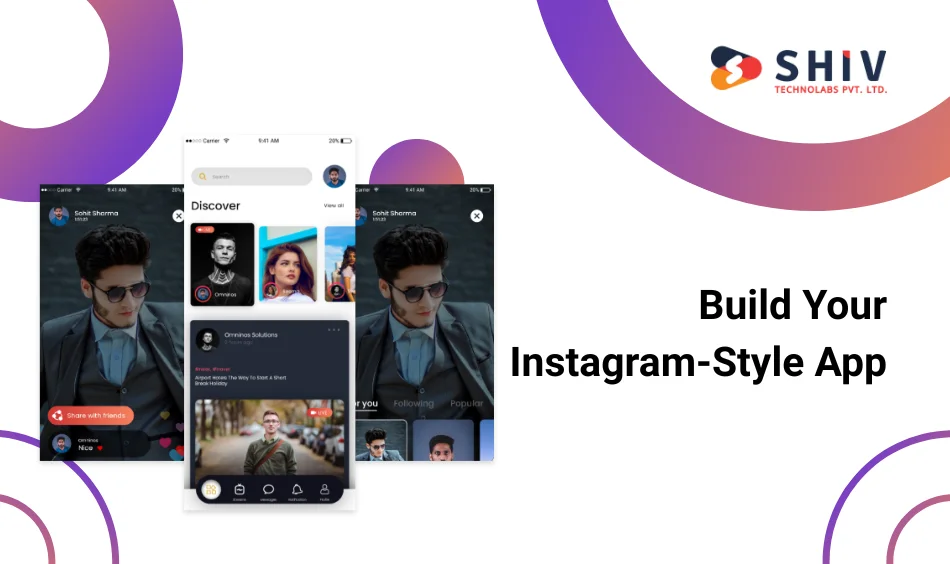
Planning to build a social media app like Instagram? We’ve helped startups go from rough ideas to fully working social platforms—complete with AI-driven feeds, AR filters, and real-time messaging.
At Shiv Technolabs, you’ll get:
- A full-stack development team (UI/UX, mobile, backend, QA)
- Experience with Flutter, React Native, Node.js, and AI tools
- Scalable architecture built for growth, not just launch
- Clear timelines, regular updates, and zero jargon
Whether you need an MVP or a long-term tech partner, we can help you build it right.
Let’s turn your idea into an app people scroll every day. Contact us today.
Let’s Build Yours
Building an app like Instagram isn’t just about copying its features—it’s about creating something users want to use every day. Whether you’re building for a niche audience or aiming big from the start, the key is to keep things simple, smart, and scalable.
Start with the core, add smart features where it makes sense, and focus on user experience from day one. With the right team and a clear plan, launching your social media app in 2025 is more doable than ever.
Got questions or want expert help for mobile app development services? It’s okay to ask. Building something good always starts with a conversation.





